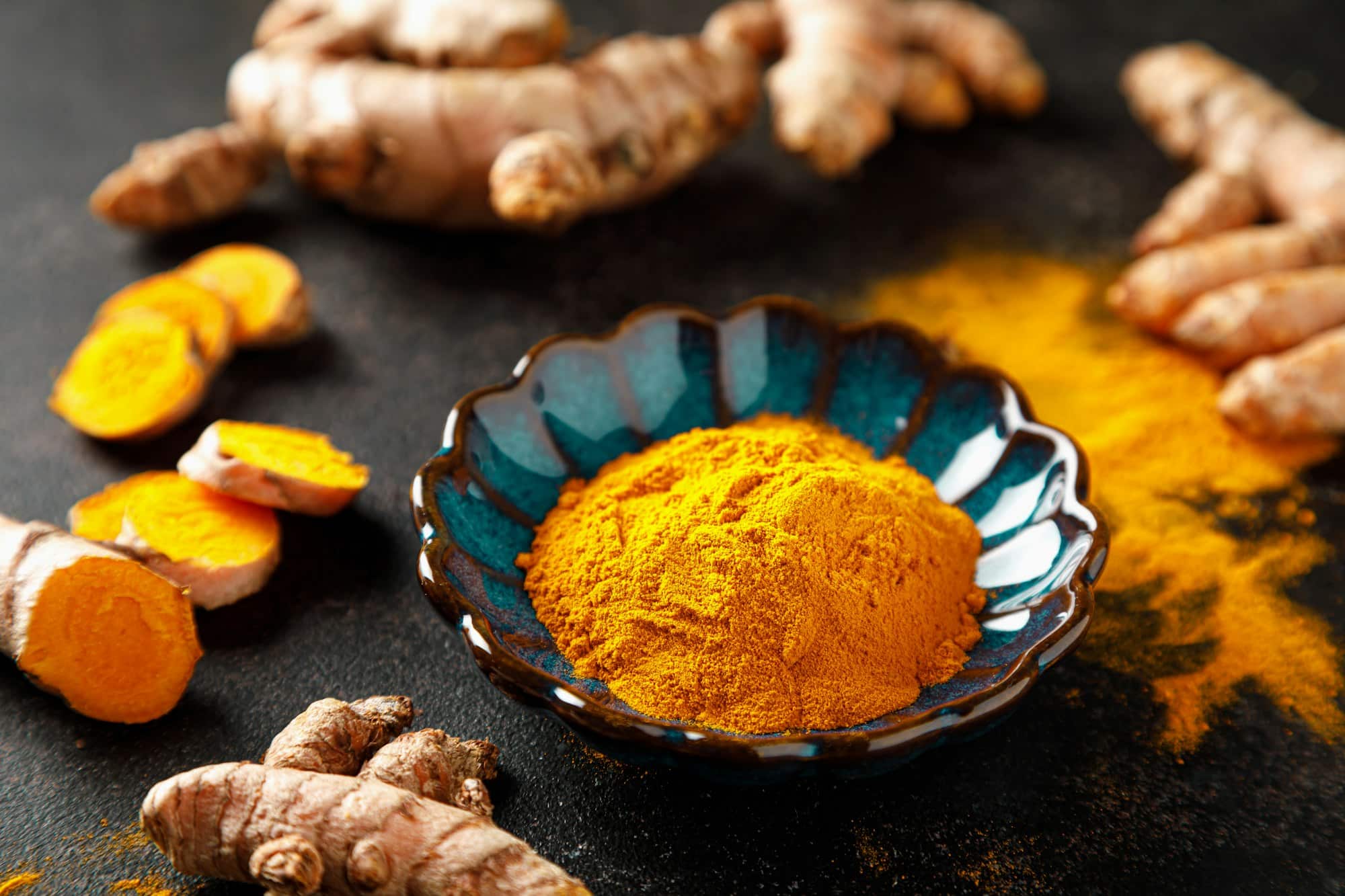Curcumin, a bioactive substance derived from turmeric, has been in the spotlight for its potential benefits and healing attributes. While numerous studies have explored the effects of curcumin on chronic diseases, its place in sports science remains a topic of ongoing research. A primary area of interest is whether curcumin supplementation can reduce inflammation and muscle soreness in athletes, thereby enhancing performance. This article discusses the effect of daily curcumin supplementation on inflammation in athletes, based on recent scholarly reviews available on Google Scholar, PubMed, Crossref, and other databases.
Curcumin and Inflammatory Response
Inflammation is a common occurrence after strenuous exercise. It’s a natural defense mechanism of the body, but when acute inflammation becomes chronic, it can impede athletic performance.
A découvrir également : How Does the Regular Practice of Qigong Influence Chronic Pain Management?
There is substantial evidence to suggest that curcumin plays a role in the mitigation of inflammation. A review of numerous studies on PubMed, for example, revealed that curcumin interacts with multiple molecular targets to suppress both the initiation and progression of inflammation. It does this by inhibiting the production of inflammation-causing enzymes, cytokines, and other mediators.
In a study published by Tanabe et al. in 2014, curcumin supplementation was administered to rats for nine days. The results indicated a significant reduction in inflammatory markers, suggesting curcumin’s potential role in managing exercise-induced inflammation. It’s worth noting, however, that similar studies in humans are less numerous and sometimes show mixed results, highlighting a need for more comprehensive human studies.
A voir aussi : What Is the Role of Virtual Pet Therapy in Reducing Loneliness in the Elderly?
Curcumin, Muscle Soreness and Performance
Muscle soreness after intense physical activity is a common phenomenon in athletes. Known as Delayed Onset Muscle Soreness (DOMS), it can lead to decreased muscle strength, reduced range of motion, and impaired athletic performance.
Some studies found on Google Scholar suggest that curcumin could be an effective natural remedy for DOMS. In one such study, participants who received curcumin supplementation after downhill running experienced less muscle soreness compared to those who took a placebo.
In terms of performance, curcumin supplementation might also offer benefits. A review of various studies indicates that curcumin may promote muscle repair and regeneration, thereby enhancing performance. However, the relationship between curcumin and performance is complex and appears to depend on several factors, including the type of sport and the dosage of curcumin. Therefore, more research is needed to establish optimal conditions for athletes.
Bias and Quality of Existing Studies
While the research on curcumin and inflammation in athletes is promising, it’s crucial to consider the potential biases and quality of these studies. Many of the studies retrieved from databases such as PubMed and Crossref are either animal studies or small human studies, which may limit their generalizability to a larger athlete population.
Methodological weaknesses such as small sample sizes, short duration of supplementation, and lack of placebo controls are common in these studies. Moreover, there’s a potential for bias in studies sponsored by curcumin manufacturers, which can skew the results in favor of curcumin. Therefore, to make a robust conclusion, more high-quality, randomized controlled trials with larger sample sizes and longer durations are needed.
Future Directions and Recommendations
The current body of research provides some evidence supporting the use of curcumin in managing exercise-induced inflammation and muscle soreness. However, there’s a clear need for more in-depth and extensive studies in this area. Future research should focus on refining the dosage, timing, and form of curcumin supplementation, as these factors can significantly influence the efficacy of the supplement.
For now, athletes interested in trying curcumin should consult with a healthcare provider or a sports nutrition professional. They can provide personalized advice based on the latest research and the athlete’s individual needs and circumstances.
In summary, while daily curcumin supplementation offers promising potential for mitigating inflammation and muscle soreness in athletes, further research is needed to confirm these benefits and to establish the most effective supplementation protocols.
Curcumin Supplementation: Dosage, Timing, and Form
The dosage, timing, and form of curcumin supplementation are essential factors that can significantly affect its anti-inflammatory benefits. However, the optimal parameters for athletes remain unclear due to limited research.
The concentration of curcumin in turmeric is relatively low, and the human body has difficulty absorbing it. Most studies on curcumin utilize a formulation that includes black pepper extract, known as piperine, to enhance absorption. However, the ideal dose of curcumin is yet to be established. Some PubMed and Crossref studies suggest a range of 200-500mg per day, while others recommend higher doses.
The timing of supplementation is another factor that varies across studies. Some research suggests that for acute physical exercise, curcumin should be administered before and after the activity. Meanwhile, for chronic conditions or ongoing training, daily supplementation might be more beneficial.
The form of curcumin also matters. While some athletes prefer using turmeric in its natural form, studies have shown that curcumin supplements, often combined with other ingredients to enhance absorption, may provide more targeted anti-inflammatory effects.
While these insights from existing research are useful, they’re not definitive due to the lack of large-scale, systematic reviews and controlled trials. More research is needed to determine the optimal dosage, timing, and form of curcumin supplementation for athletes.
Potential Risks and Considerations in Curcumin Supplementation
Like all supplements, curcumin is not without its potential risks. Although it is generally considered safe and well-tolerated, some individuals may experience side effects such as diarrhea, nausea, and allergic reactions.
There’s also the risk of bias in existing studies. As mentioned earlier, many studies on curcumin are sponsored by manufacturers, which could potentially skew the results. Furthermore, a large number of existing studies are either animal studies or involve small human study groups. These factors limit the generalizability of the findings to the broader athlete population.
When considering curcumin supplementation, it’s essential for athletes to consult with a healthcare provider or sports nutrition professional. These experts can provide personalized advice based on the latest research and the athlete’s individual needs and circumstances.
Conclusion
In conclusion, curcumin supplementation offers exciting potential for managing exercise-induced inflammation and muscle soreness in athletes. However, the existing body of research, while promising, is not yet robust or consistent enough to draw definitive conclusions.
The optimal dosage, timing, and form of curcumin supplementation for athletes remain unclear. Although some studies suggest beneficial effects of curcumin, these findings need to be confirmed by more high-quality, large-scale, randomized controlled trials.
Moreover, potential risks and biases in existing research need to be carefully considered. As with any supplement, athletes should consult with healthcare or sports nutrition professionals before starting a curcumin regimen.
The journey to understanding the full potential of curcumin in sports science continues. As research progresses, it’s hoped that more light will be shed on how athletes can harness the maximum benefits of this powerful anti-inflammatory compound.






